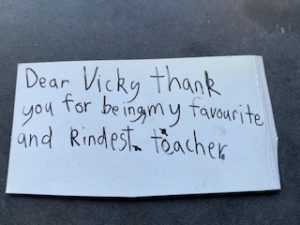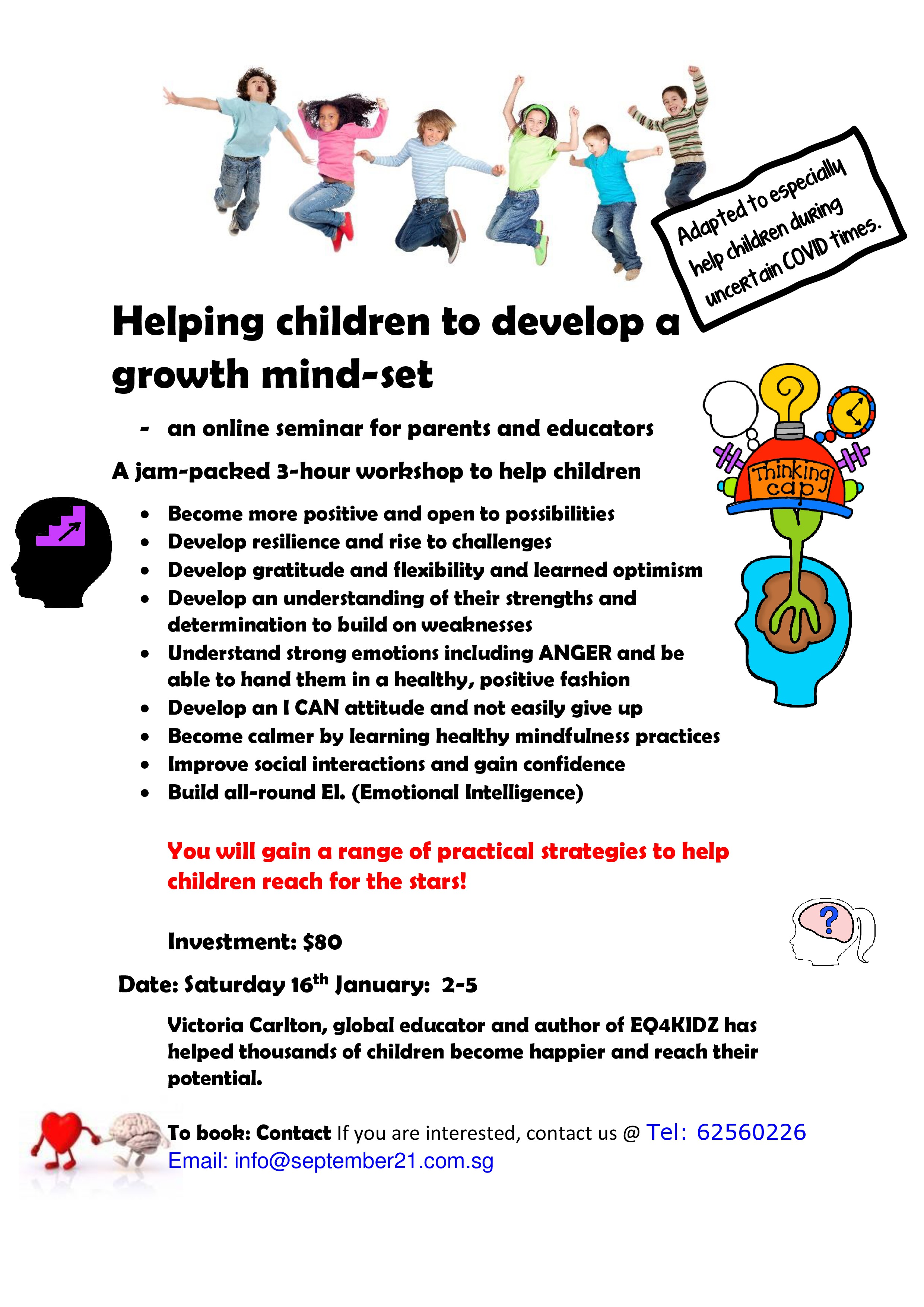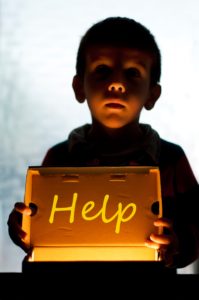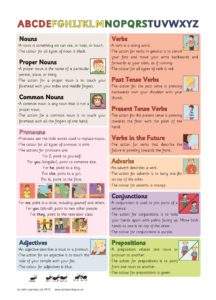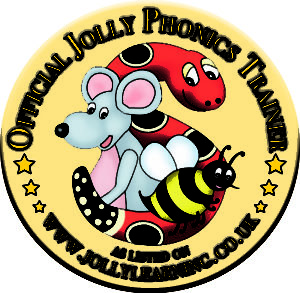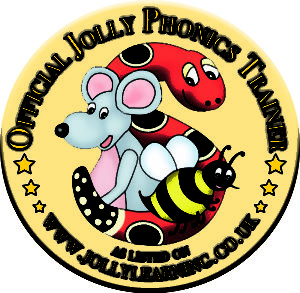When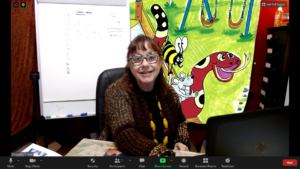 lockdown initially happened, I moved all our students to ZOOM. We did the same with teacher training seminars.
lockdown initially happened, I moved all our students to ZOOM. We did the same with teacher training seminars.
I expected to have a sort of hands-off, inferior experience of teaching.
Instead, after a year of ZOOM I find myself invigorated, excited and always searching for new and better ideas to handle the distance education thing.
Most of my students are back to face to face learning and that is fantastic.
Some are not- due to distance and other concerns. 90% of all my training is still on zoom.
These have been many positive effects for my teaching:
- I have to carefully monitor children’s body language and facial expressions to know how they are responding. The same goes for adults in my workshops.
- I have been forced to search for ways to keep kids (and teachers/parents) active.
- I have been unable to avoid learning about Kahoots, break out rooms, electronic whiteboards etc etc.
- Interactive power-points, Boom cards, online spinners and stimulating zoom backgrounds are now part of my teaching kit.
- I have learned to draw and be creative with kids in remote sessions.
- I write copious observational notes about all students and NEVER teach or run a workshop without a pencil and notebook beside me. I NEED every bit of good feedback to inform my teaching.
- I can assess kids with running records, spelling tests, maths concepts, teach tables etc etc
- I have learned that if you think hard enough, strategies such as modelled writing, science experiments, all sorts of art and craft and ways to stimulate the brain such as Brain Gym can be taught effectively.
- I have learned to be more flexible with strategies because at any stage our often wonky internet connection can let me down!
All this problem solving has actually enlivened my teaching and training. I think I am a more organised and empathic teacher. Interestingly, my face to face teaching has benefited greatly from the shake-up.
This pandemic has forced me to do a late re-boot to my teaching repertoire and has stretched my brain in many directions. It requires creativity and “out of the box” thinking. I have made SO many mistakes but have learnt to forgive myself.
My resilience has grown and my “bounce factor” is much higher!
I have also learned to place glasses of water right away from my keyboard and to be super-careful when conducting science experiments! CRUCIAL LESSONS HERE!
Sure, I AM totally exhausted after each ZOOM teaching and training session but so happy we can all continue to learn and share!
I would love to hear from other teachers, trainers and anyone receiving ZOOM training, about their experiences.

